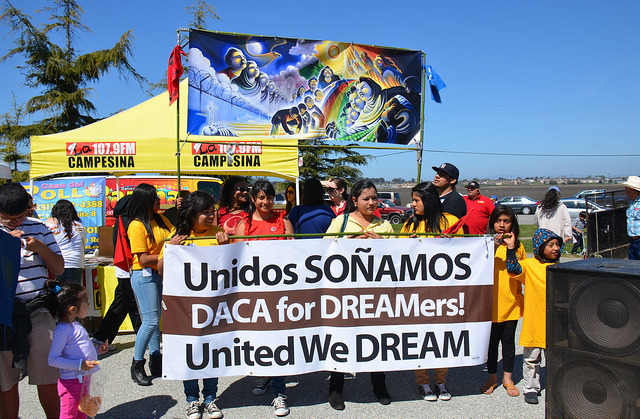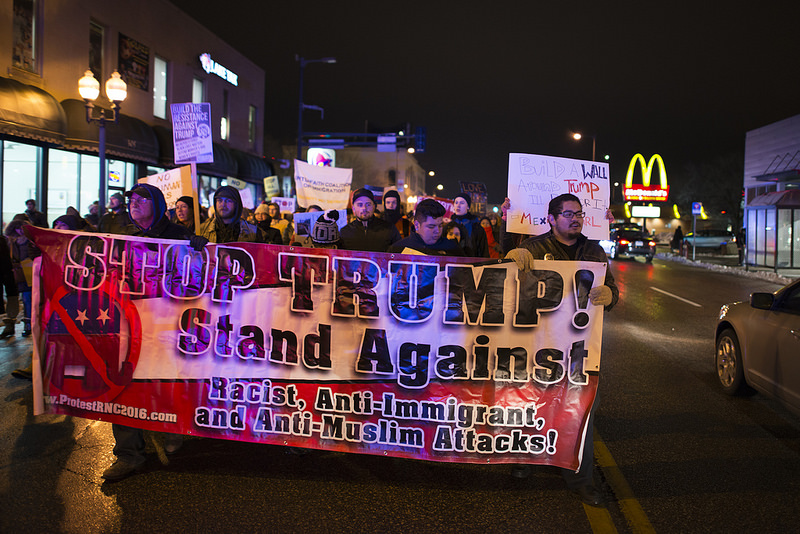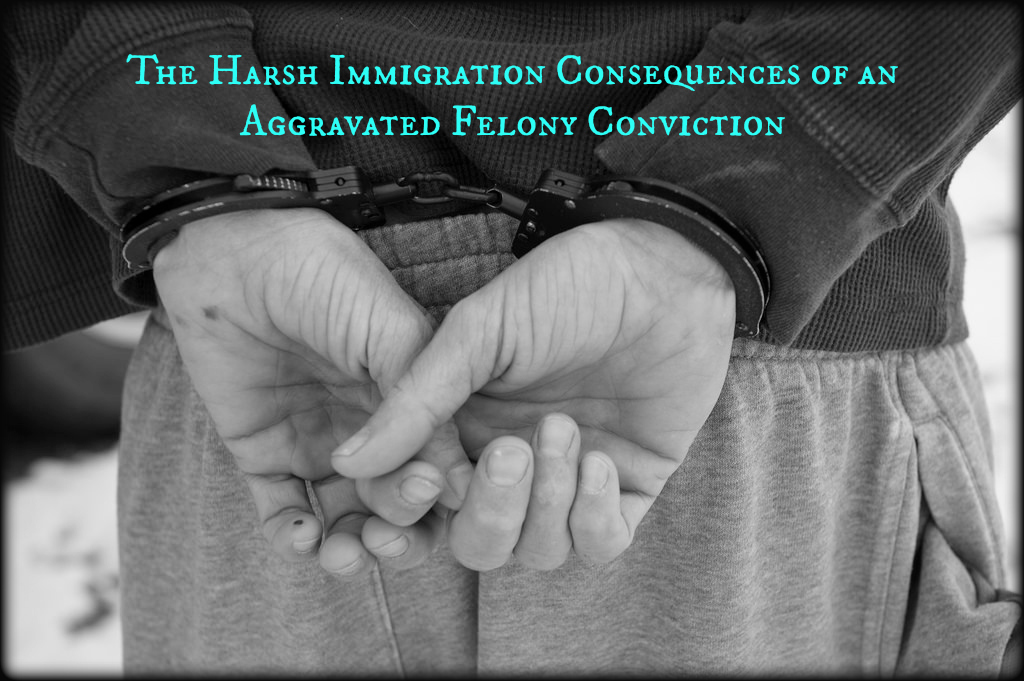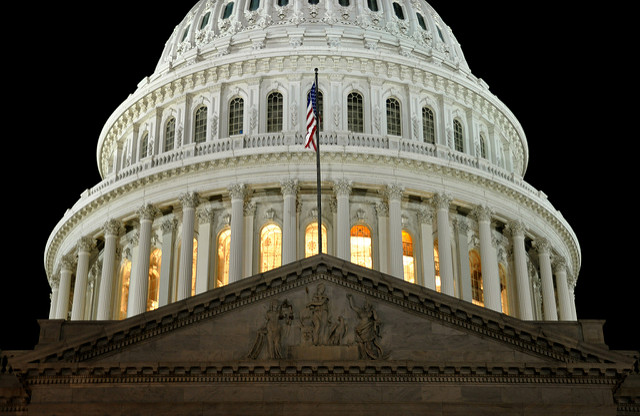Yesterday, January 27, 2017, President Donald Trump signed and handed down the controversial executive order, “Protecting the Nation from Terrorist Attacks by Foreign Nationals” on immigration to protect the nation from terrorist attacks by foreign nationals. Among its main provisions the order suspends IMMIGRANT AND NON-IMMIGRANT entry of foreign nationals from countries of “particular concern” including Syria, Iraq, Iran, Libya, Somalia, Sudan, and Yemen for 90 days, indefinitely suspends Syrian refugees from entering the United States until the U.S. refugee admissions program has been overhauled, and terminates the visa waiver interview process. The temporary ban will affect all non-U.S. Citizens from Syria, Iraq, Iran, Libya, Somalia, Sudan, and Yemen including green card holders and valid U.S. visa holders. Foreign nationals of these countries will not be allowed to return to the United States for a period of 90 days, after temporary foreign travel, even if they are green card holders or visa holders. For this reason, if you are a foreign national from one of these countries, you should not engage in temporary foreign travel until the temporary ban has been lifted. Visa and green card holders already in the United States will be allowed to remain without problems.
An exemption has been drawn for immigrants and legal permanent residents whose entry is in the U.S. national interest, however it is not yet clear how that exemption will be applied.
Below is a summary of the main provisions of the order per the OFFICIAL signed copy.
To read the complete version please click here.
- Suspension of Issuance of Visas and Other Immigration Benefits to Nationals of Countries of Particular Concern
- The immigrant and nonimmigrant entry into the United States of aliens from countries designated (including Syria, Iraq, Iran, Libra, Somalia, Sudan, and Yemen) is suspended for 90 days from the date of the order January 27, 2017 (excludes foreign nationals traveling on diplomatic visas, North Atlantic Treaty Organization visas, and C-2 visas for travel to the United Nations). This means that if you are a citizen of a country of “particular concern” as outlined above, you will NOT be allowed to re-enter the United States, after temporary foreign travel, until the ban has been lifted, even if you are a legal permanent resident (immigrant) or holder of a valid visa. If you are a foreign national of one of the above countries and you are an immigrant (green card holder) or non-immigrant (valid visa holder), you must NOT travel internationally. Otherwise, you will risk being denied re-entry.
- The Secretary of State and Homeland Security may submit to the President the names of additional countries who pose a security risk and are recommended for suspension.
- The Secretary of Homeland Security, in consultation with the Secretary of State and the Director of National Intelligence, must immediately conduct a review to determine the information needed from any country for adjudication of any visa, admission, or other benefit under the INA adequate to confirm the identity of the individual seeking the benefit and ensure that they are not a security or public-safety threat to the United States.
 Visa Lawyer Blog
Visa Lawyer Blog











